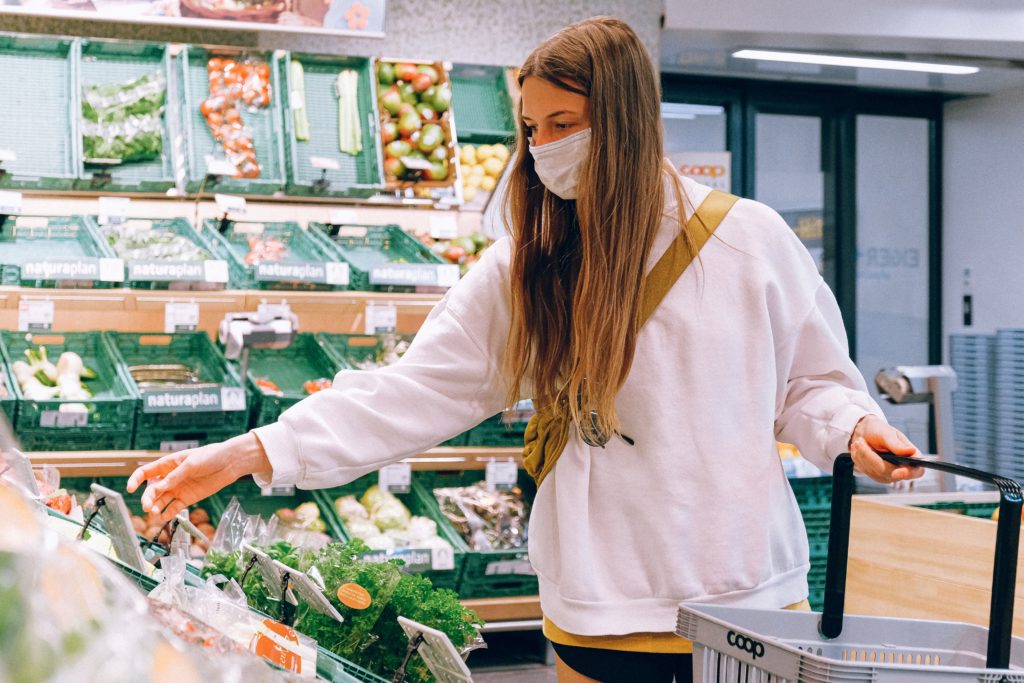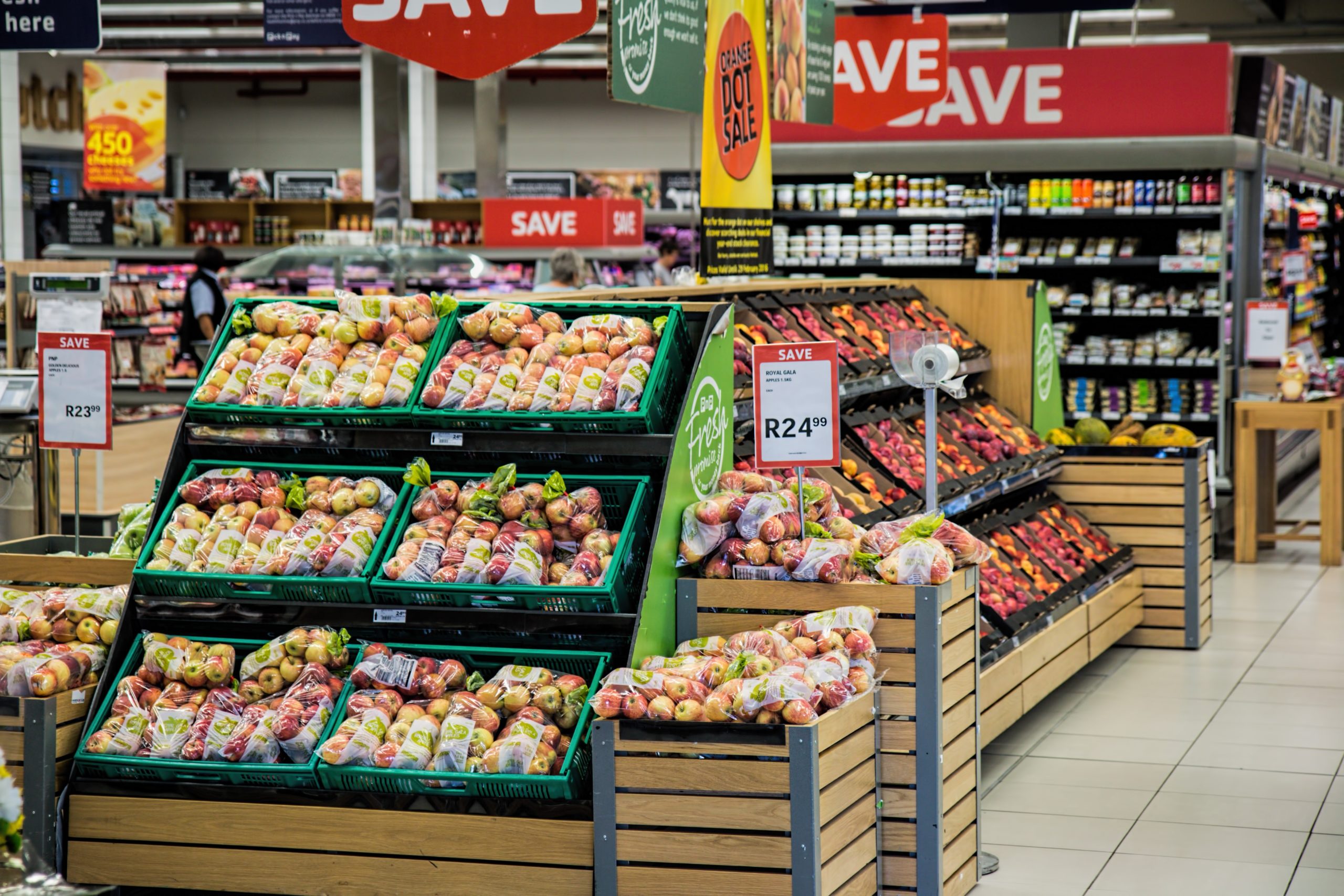Here is a practical advice from our Hostel staff on what food supply should you have during the coronavirus pandemic and in any pandemic situation for that matter.

Don’t go crazy, pasta won’t save you! Or how to properly supply with food for a coronavirus pandemic?
Coronavirus is confirmed in each of our regions and photos of empty shelves with pasta and canned food are circulating through social networks. However, many people do not realize that pasta and flour are not enough for them. So, what to buy into the quarantine supply?
Whether you are at risk of quarantine or are just afraid of not having enough food in the stores, we have a shopping list for you. Don’t just rely on flour and pasta! Such spaghetti will feed you, but it is a nutrient poor food. And hand on heart, who, in the case of quarantine, could endure eating for 14 days?
Do not panic
On Thursday, our Prime Minister urged citizens to keep calm on live TV. “Please do not buy groceries, we will never close grocery stores, we will never close drug stores,” Babis said. According to the prime minister, shops could not handle a great deal of stress especially at the cash registers and parking lots are overcrowded, buying food into the supply is completely unnecessary.
So what should you keep at home for food?
Legumes
Legumes such as chickpeas, peas, lentils, beans or soybeans should be one of your most important supplies. Legumes are an excellent source of fiber, carbohydrates and minerals. Few also know that they are considered a great source of protein. For example, chickpeas and white beans have up to 19 grams of protein per 100 grams, which is equivalent to a portion of meat that may be in short supply in times of crisis. However, legumes will probably still be available and cost a few.
Rice
Rice can be stored well for several months. In the stores you should prefer natural brown rice, which contains proteins, B vitamins, vitamin E, potassium, phosphorus, zinc and calcium.
Oatmeal
Oatmeal with a high content of proteins, vitamins, fibre and minerals can also be an excellent breakfast or a quick dinner.
Fruit and vegetables
Suitably stored vegetables and fruits will last a long time. At home, you should not miss onions and garlic in sufficient quantities for 2 weeks. More durable vegetables include, for example, all root vegetables, pumpkins, beetroot, but also cauliflower and broccoli.
Eggs and diary products
Your stock should include at least 2 packs of eggs, a carton of long-life milk and a few packs of long-life cheese.
Flour
People in panic buy flour. If you have two packages at home, it’s okay, because in the kitchen you use it occasionally, but it definitely should not form the basis of your diet. When buying, pay attention to the expiry date, because the different types of flour have different shelf life.
Meat
Fresh meat in the fridge lasts only a few days, but it is worth having a few packets of meat in the freezer.
Salami
The sausages are very durable and you will definitely use some salami at home.
Pastry
Pastry is not a durable food, but if you put a loaf of bread or toasted bread in the freezer, you can always pull it out and thaw it overnight. Many microwave ovens also have the function of defrosting pastries, so you will have the pastry even if you are not able to go to the bakery.
Oil, sugar, spice baking powder and dried baking yeast .
